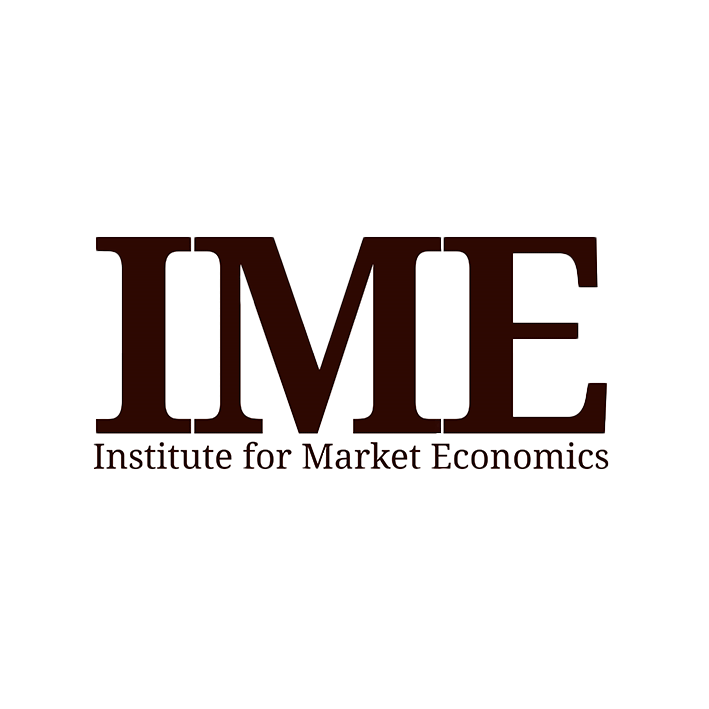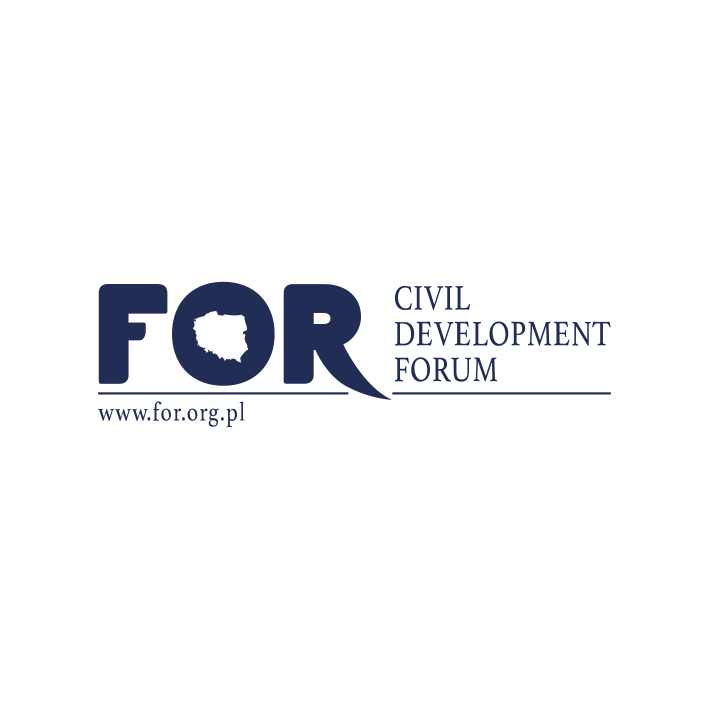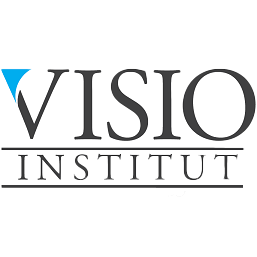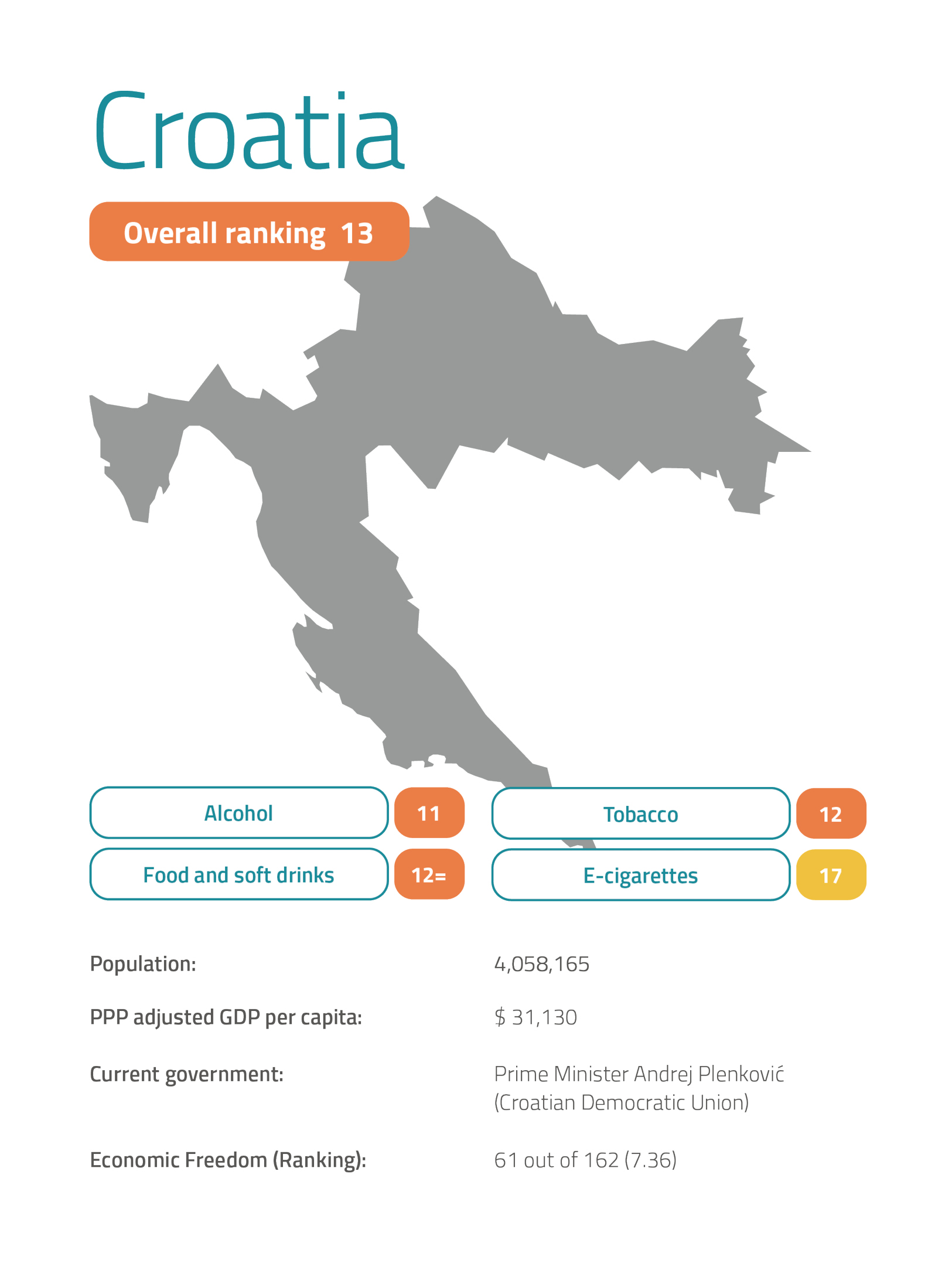
Until recently, Croatia had relatively low sin taxes, but in April 2020 the government introduced sharp rises in the duty on tobacco, alcohol and coffee. A new system of soft drink taxation was established at the same time. Soft drinks with taurine are taxed at 2.2 kuna (€0.29) per litre. Sugar in soft drinks is taxed at rates of 0.3 kuna (€0.04) per litre at 2-5g/100ml, 0.5 kuna per litre (€0.07) at 5-8g/100ml and 0.8 kuna per litre (€0.11) if more than 8g/100ml.
In January 2020, the Ministry of Finance proposed a tax on all e-liquids at the rate of 1 kuna per ml. Croatia’s vaping community objected to the levy, which would have added the equivalent of €1.30 to a typical bottle of e-cigarette fluid, and the proposal was dropped. There is therefore no excise duty on vape juice, nor is there any wine duty.
A comprehensive smoking ban was repealed in 2009 after damaging the hospitality industry and the current law is relatively liberal by European standards. Smoking is banned in restaurants but there are exemptions for small bars and larger premises can have ventilated smoking rooms. Vaping is banned indoors wherever smoking is banned.
Bars in urban areas must close at midnight, but municipal, city or county authorities can issue permission to certain areas where bars can open longer (up to 2 am), or even restrict closing hours earlier than midnight.
Croatia is one of twelve countries in the Nanny State Index to have a tobacco retail display ban and it takes a tough stance on advertising. Wine cannot be advertised in any broadcast media and spirits, e-cigarettes and tobacco cannot be advertised at all. There are no such restrictions on beer.
About
The Nanny State Index (NSI) is a league table of the worst places in Europe to eat, drink, smoke and vape. The initiative was launched in March 2016 and was a media hit right across Europe. It is masterminded and led by IEA’s Christopher Snowdon with partners from all over Europe.
Enquiries: info@epicenternetwork.eu
Download Publication
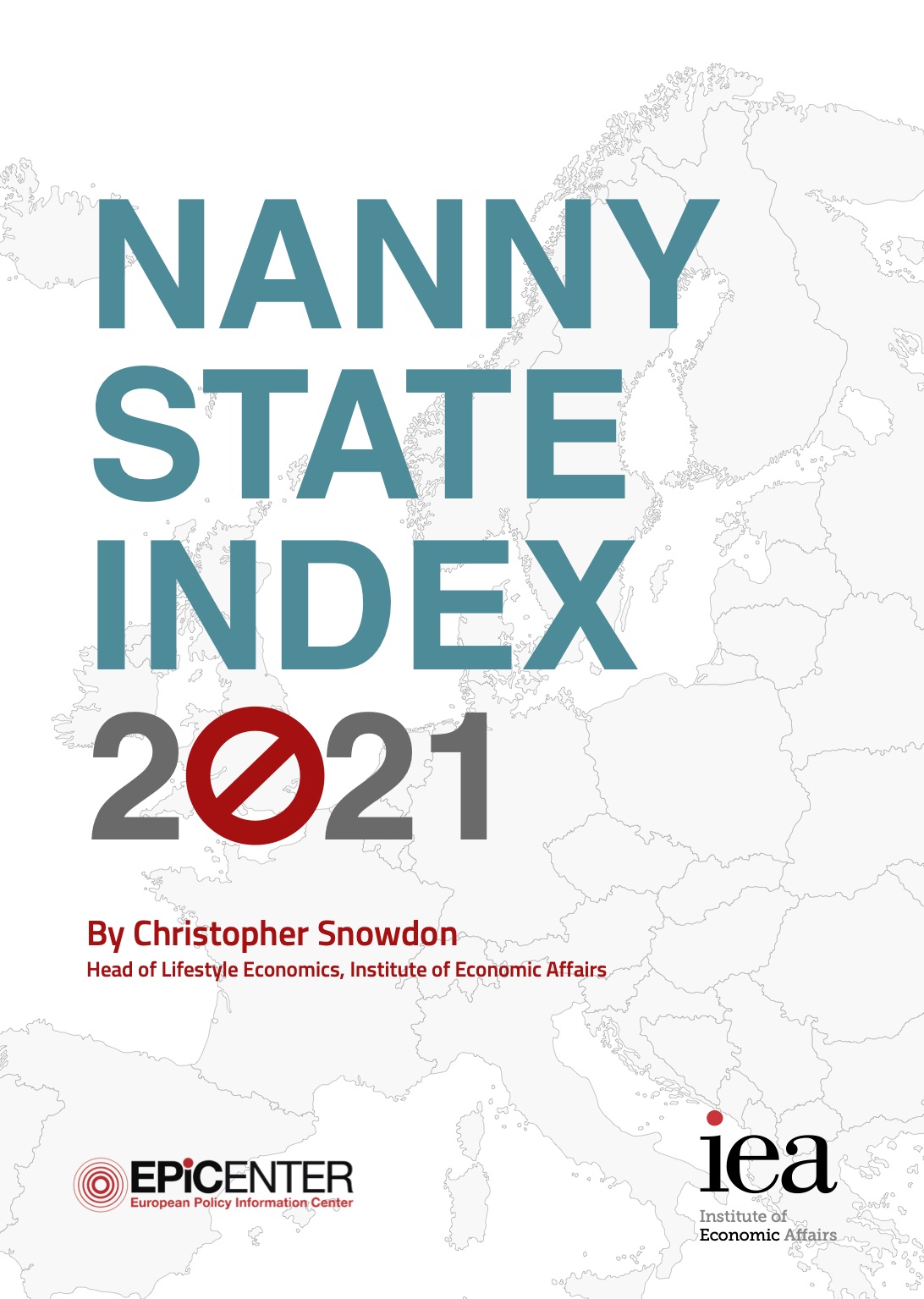
Previous version: 2019
Categories
About the Editor
Christopher Snowdon is the head of Lifestyle Economics at the Institute of Economic Affairs. His research focuses on lifestyle freedoms, prohibition and policy-based evidence. He is a regular contributor to the Spectator, Telegraph and Spiked and often appears on TV and radio discussing social and economic issues.
Snowdon’s work encompasses a diverse range of topics including ‘sin taxes’, state funding of charities, happiness economics, ‘public health’ regulation, gambling and the black market. Recent publications include ‘Drinking, Fast and Slow’, ‘The Proof of the Pudding: Denmark’s Fat Tax Fiasco’, ‘A Safer Bet’, and ‘You Had One Job’. He is also the author of ‘Killjoys’ (2017), ‘Selfishness, Greed and Capitalism’ (2015), ‘The Art of Suppression’ (2011), ‘The Spirit Level Delusion’ (2010), ‘Velvet Glove, Iron Fist’ (2009).
Croatia 2021

Until recently, Croatia had relatively low sin taxes, but in April 2020 the government introduced sharp rises in the duty on tobacco, alcohol and coffee. A new system of soft drink taxation was established at the same time. Soft drinks with taurine are taxed at 2.2 kuna (€0.29) per litre. Sugar in soft drinks is taxed at rates of 0.3 kuna (€0.04) per litre at 2-5g/100ml, 0.5 kuna per litre (€0.07) at 5-8g/100ml and 0.8 kuna per litre (€0.11) if more than 8g/100ml.
In January 2020, the Ministry of Finance proposed a tax on all e-liquids at the rate of 1 kuna per ml. Croatia’s vaping community objected to the levy, which would have added the equivalent of €1.30 to a typical bottle of e-cigarette fluid, and the proposal was dropped. There is therefore no excise duty on vape juice, nor is there any wine duty.
A comprehensive smoking ban was repealed in 2009 after damaging the hospitality industry and the current law is relatively liberal by European standards. Smoking is banned in restaurants but there are exemptions for small bars and larger premises can have ventilated smoking rooms. Vaping is banned indoors wherever smoking is banned.
Bars in urban areas must close at midnight, but municipal, city or county authorities can issue permission to certain areas where bars can open longer (up to 2 am), or even restrict closing hours earlier than midnight.
Croatia is one of twelve countries in the Nanny State Index to have a tobacco retail display ban and it takes a tough stance on advertising. Wine cannot be advertised in any broadcast media and spirits, e-cigarettes and tobacco cannot be advertised at all. There are no such restrictions on beer.

 Austria
Austria Belgium
Belgium Bulgaria
Bulgaria Croatia
Croatia Cyprus
Cyprus Czech Republic
Czech Republic Denmark
Denmark Estonia
Estonia Finland
Finland France
France Germany
Germany Greece
Greece Hungary
Hungary Ireland
Ireland Italy
Italy Latvia
Latvia Lithuania
Lithuania Luxembourg
Luxembourg Malta
Malta Netherlands
Netherlands Norway
Norway Poland
Poland Portugal
Portugal Romania
Romania Slovakia
Slovakia Slovenia
Slovenia Spain
Spain Sweden
Sweden Turkey
Turkey United Kingdom
United Kingdom





